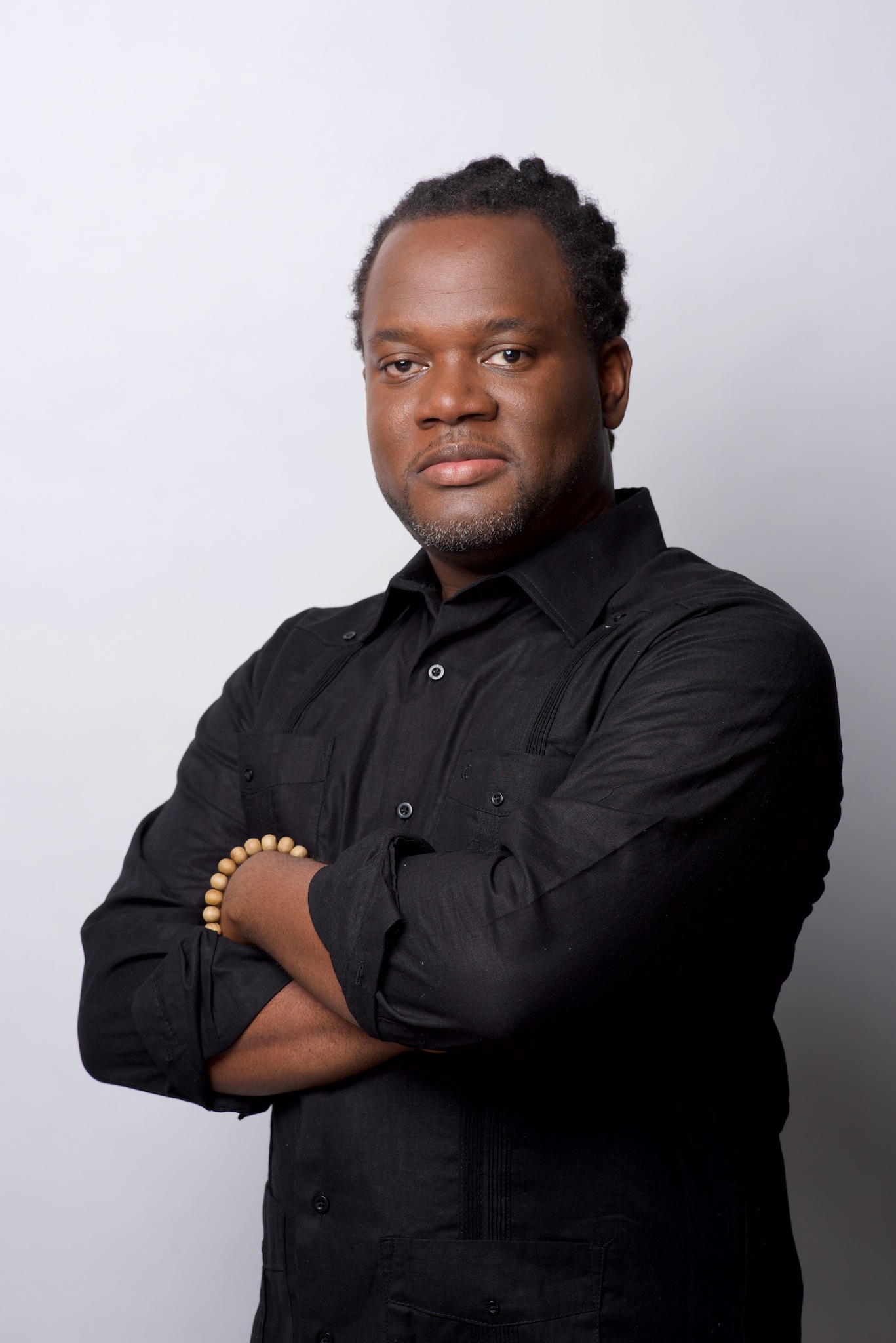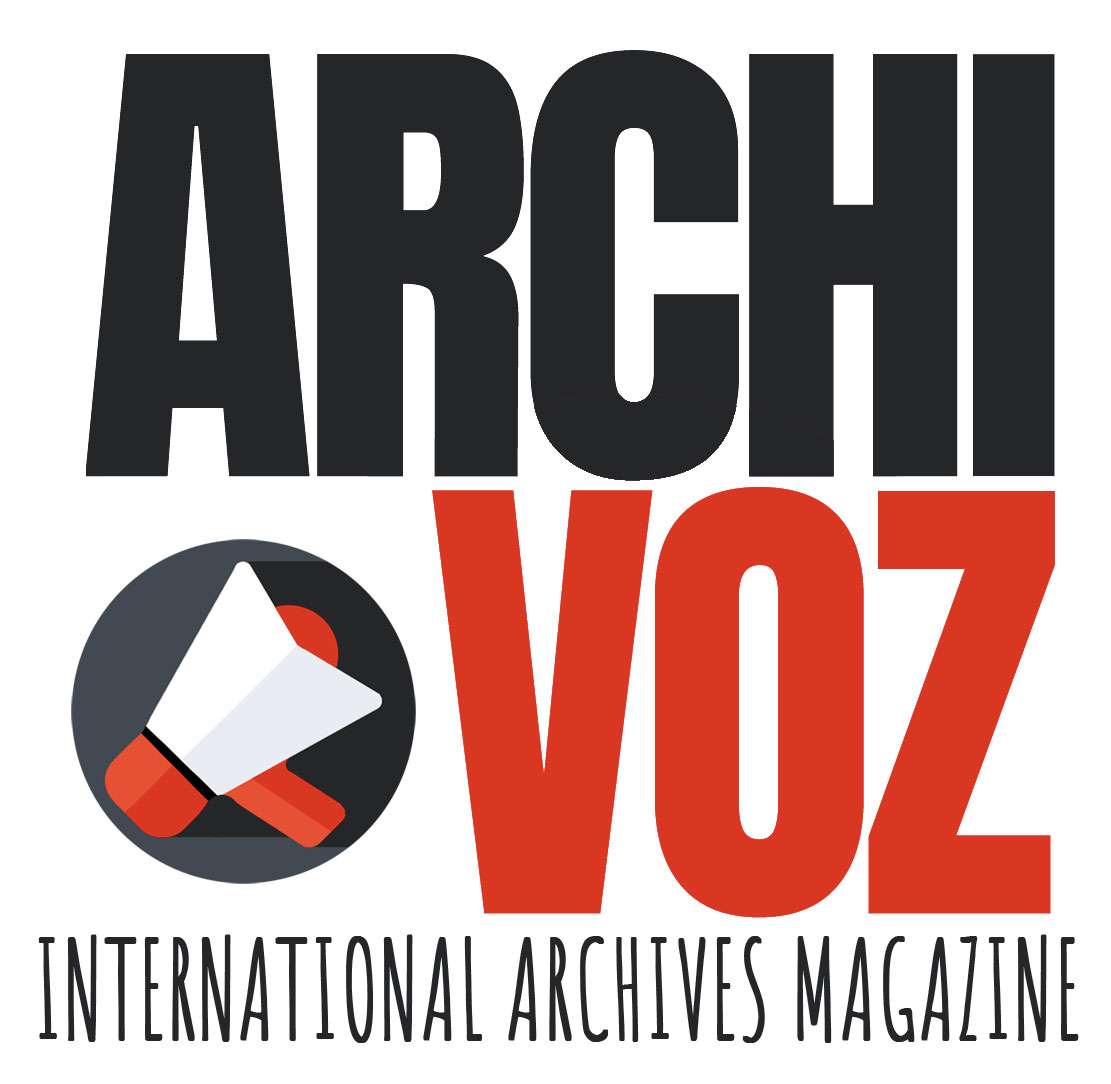Last week, Dr. Stanley Griffin and I spoke about noise and silence in the archives and the ways in which the machineries of colonialism have left their mark on Caribbean archival practices. Today, we speak about ongoing challenges to Caribbean memory institutions and how to preserve those memories in a way that reflects the totality of historical experience and the people who participated in its creation.
(Archivoz) Last time, you spoke of the archival silences created by those whose perspectives of power establish official historical narratives. Sometimes these silences (empty spaces) in the archives are intentionally created. For example, in 1935, the Frigorífico Anglo, a British meat-packing plant in Argentina, attempted to abscond with records requested during a parliamentary investigation by concealing them in crates of corned beef aboard the Norman Star, a British ship anchored in the Port of Buenos Aires. To what extent is archival silence attributable to such “bad actors,” and what overall impact do these actions have on archival content around the world?
(Stanley Griffin) There is a popular childhood saying: “He who has the gold makes the rules.” The creation of these archival silences, especially through destruction or distortion of records, is an act of the powerful. Controlling information has always been a component of power, whereas the promotion of public access to information in the interests of greater transparency in governance and administration has been a means of resistance. Currently, there are many cases around the world where the powerful use their privilege to create and maintain silences. Archival silences, especially those caused by bad actors, foster distrust of the governing among the governed, promote systemic corruption in governance and society, diminish the efficiency of recordkeeping systems, and expose the inadequacy of archival records to reflect (as closely as possible) the totality of historical reality. Thankfully, there is a growing reaction against these “bad acts,” and archival professionals around the world are being empowered through legislation and activism to address them adequately, thereby restoring faith in records, repositories and professionals.
(Archivoz) In a recent presentation on “migrated archives,” you called out the “colonial attitude” of many recordkeeping policies, “global northern best practices” which are “implemented not to satisfy [local] jurisdictional demand, but to meet international or extra-regional compliance.” To what extent is the global South able to participate in and help to develop more inclusive global best practices? Failing that, in the case of Jamaica what efforts have been made to develop a set of local best practices in order to mitigate the centrifugal effects of existing practices and policies?
(S.G.) As far as I am aware, the global South is not yet in a position of sufficient power to negotiate equitably the terms and conditions that would allow for timely change management and in many cases do not even possess the resources required for adoption or adaptation of these practices. The most we have been able to do—in Jamaica and around the Caribbean—is, through education, training, and policy, to abide as closely as possible to the principles or spirit of the law and where possible implement these practices as best we can. While this no doubt this reinforces the colonial mindset of forever being “not good enough” to meet said standards, in reality the infrastructure necessary for implementation is simply not in place and cannot be established as a triggered response. It is yet another illustration of a perpetual cycle of disenfranchisement that forces our societies and administrative frameworks to be reactive rather than proactive or even innovative.
(Archivoz) How would you define “decolonization” in terms of archival practices? Is it a simple matter of withdrawal, of transfer of control of existing archival spaces, or are there larger issues of restitution/reparation at play? You have spoken about the inadequacy of “digital restitution” (digitization, rather than outright return, of records); could you expand upon this theme?
(S.G.) I define archival decolonization as the “reconsideration of the contexts, perspectives, subjects, and mechanisms of the record, which has to be redefined to include non-traditional information materials. This requires a reinterpretation and reevaluation of historical circumstances, cultural realities, and information sources. The results of decolonization should be deliberate action to include the details, memory, practices, records, recordkeeping principles and subjects of the formerly excluded by colonial archival thought and praxis.” [1] In other words, it is about balancing the ethos, methods, and materials of archives by including and reflecting their communities. It is about being community-focused and representative, ensuring that the society served by a particular archival institution is represented within that institution’s holdings, while at the same time recognizing that “the archival” can rightfully take whatever form its constituent community may deem appropriate. The points you raise about withdrawal, transfer of control, restitution, and reparations are not simple matters at all. Decolonization (in every sphere) is really about empowering the formerly colonized and disenfranchised. If colonization was about enforcement, decolonization should be about empowerment. If these outward acts create inward (i.e., archival) balance, then so be it. These decisions, hopefully arrived at following a period of thorough investigation of archival holdings, policies, and practices, aim to improve archival institutions and their relationship with their communities.
Quite frankly, the dynamics of power have gone online. Oftentimes acts of digital restitution do not really benefit global Southern national memory institutions or the nationals themselves. “Digital poverty” is real, and the “digital divide” within communities is just as concerning. One should never assume that digitization and website creation will either absolve or resolve issues of access and engagement. Digital access relies on frameworks and resources to preserve and provide access to digital assets, and many institutions in the Caribbean are still very much in the embryonic stages where these are concerned. We are making progress in this regard, but it requires investment and support. That said, digital restitution—with the necessary additional technical support and infrastructure—can be very useful and empowering to the receiving community. However, one must never assume that prevailing conditions in the global North are a reality in the global South.
(Archivoz) Returning to your 2021 essay on archival silences, you call for inclusion of both written and oral sources in archival collections: “For too long,” you write, “has the supremacy of the archival document been upheld.” [2] Why is this so important, and how can archives work toward this ideal? In what ways can we redefine our notions of the “document” and of the “archives” that will allow for a more equitable representation of all voices in our collections?
(S.G.) It really is about respecting “the archival” in every culture and community, not just items in print or digital formats or even European-oriented languages. It is about recognizing and giving due respect to the various ways of documenting, appraising, preserving and disseminating knowledge and memory. This is important if archives are to move away from being stereotyped as colonial impositions or instruments of elitist power. After all, the goal should be the preservation—as far as possible—of the most representative record of our time. In recent weeks, I have been grappling with Caribbean cultural practices of using environmental and socio-cultural ceremonies to memorialize family events. If we look at the purpose/s behind these traditional activities, we would certainly find parallels with Eurocentric recordkeeping expectations and practices. That said, “the archival” will not look the same for every community or culture. In fact, one could say colonialism forcefully homogenized record-creating practices. Decolonization should therefore liberalize recordkeeping practices to appropriately and effectively represent archival memory. I believe the communities served by archival institutions will help to reshape and diversify their holdings and practices if staff and stakeholders are open to more equitable means of representation and diverse forms of documentation.
1. Griffin, Stanley H. “Decolonization (of records and archives),” in Handbook of Archival Practice, Patricia Franks (ed.). New York: Rowan and Littlefield, 2021: 8.
2. Griffin, Stanley H. “Noises in the Archives: Acknowledging the Present Yet Silenced Presence in Caribbean Archival Memory,” in Archival Silences: Missing, Lost, and Uncreated Archives, Michael Moss and David Thomas (eds.). London: Routledge, 2021: 99.
Header image courtesy of Dr. Stanley H. Griffin.
Interviewee:

Dr. Stanley H. Griffin
Senior Lecturer in Archival and Information Studies and Deputy Dean of Undergraduate Matters, The University of the West Indies
Stanley H. Griffin is Deputy Dean, Undergraduate Matters (Humanities) and Senior Lecturer in Archival and Information Studies in the Faculty of Humanities and Education, Department of Library and Information Studies (DLIS) at The University of the West Indies, Mona Jamaica Campus. He holds a BA (Hons.) in History, a PhD in Cultural Studies (with High Commendation), from the Cave Hill Barbados Campus of The University of the West Indies, and an MSc in Archives and Records Management (Int’l), University of Dundee, Scotland. His research interests include multiculturalism in Antigua and the Eastern Caribbean, the cultural dynamics of intra-Caribbean migrations, archives in the constructs of Caribbean culture, and community archives in the Caribbean. His most recent publications include Decolonizing the Caribbean Record: An Archives Reader (Litwin 2018), and Archiving Caribbean Identity: Records, Community, and Memory (Routledge, 2022), co-edited works with Jeannette Bastian and John Aarons, along with several book chapters and journal articles on Caribbean archival, historical and cultural issues. Stanley is active on the executive board of several academic, heritage, and archival professional societies, including the Caribbean’s archival association, CARBICA, and is a member of the editorial board of The International Journal of Information, Diversity, & Inclusion.
Interviewer:

Vance Woods
Director of English Content, Archivoz Magazine
I have a Master’s degree in church-state studies from Baylor University in Texas, with a focus on medieval Celtic history in the British Isles. I have worked in multiple contexts, including the theater, church ministry, and primary/secondary education. I started as a special collections cataloger at Baylor in 2009, moving to Oregon State University in 2017 after an interim period in Argentina. I have extensive experience with original cataloging in many different formats, both physical and electronic, including rare and unique materials. I am an expert in languages, having worked with Baylor’s Keston Collection, comprised of materials from and about the former Soviet Union in a wide variety of languages, including several Cyrillic-based languages. I am fascinated by linguistics in the bibliographic field; it’s a passion I continue to develop at Oregon State. I have published in both scholarly and popular contexts, including a photographic history of Butler, Missouri, where my ancestors came from. I am very interested in international cooperation in terms of library science and I see great potential for development in this field.



